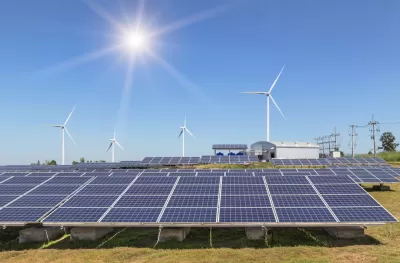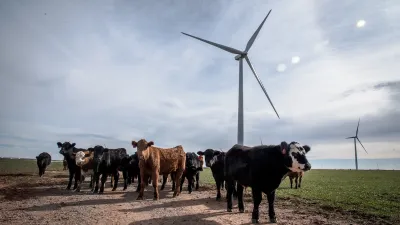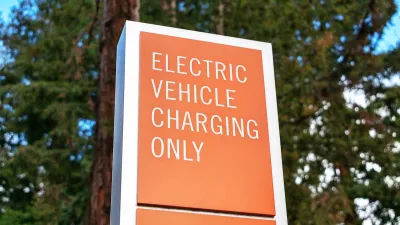The worldwide transition to renewable energy sources is already underway as climate change creates more significant impacts on the global supply chain and economy.

The global shift to renewable energy won’t be stopped by Trump’s election, asserts María Mendiluce in a piece for Forbes. According to Mendiluce, “Renewables are cheap and available everywhere and that is they are considered a major contributor to national security. Delaying the transition to clean solutions, will mean losing competitiveness vis a vis countries like China that will reap the benefits of their leadership in the development of clean energy supply chains (from extraction of critical materials and manufacturing, to combining clean solutions like renewables, electric vehicles and battery storage).”
Moreover, the market for renewable energy and its related infrastructure continues to grow, making it an economically advantageous shift. “It is a financial necessity, driven by the recognition that extreme events poses critical risks to global supply chains, business operations, and economic stability.”
Mendiluce offers some suggestions for participants at the COP29 conference. “To drive the energy transition, COP29 must produce a groundbreaking financial framework. Negotiators need to agree a new collective quantified goal for climate finance to mobilise significant private investment, particularly in low- and middle-income countries.” Mendiluce also calls for “robust, predictable” regulations to provide stability for the global scaling of renewables and an equitable transition for smaller enterprises and vulnerable communities.
FULL STORY: Renewable Energy Shift Unstoppable Despite U.S. Election Result

Alabama: Trump Terminates Settlements for Black Communities Harmed By Raw Sewage
Trump deemed the landmark civil rights agreement “illegal DEI and environmental justice policy.”

Planetizen Federal Action Tracker
A weekly monitor of how Trump’s orders and actions are impacting planners and planning in America.

The 120 Year Old Tiny Home Villages That Sheltered San Francisco’s Earthquake Refugees
More than a century ago, San Francisco mobilized to house thousands of residents displaced by the 1906 earthquake. Could their strategy offer a model for the present?

In Both Crashes and Crime, Public Transportation is Far Safer than Driving
Contrary to popular assumptions, public transportation has far lower crash and crime rates than automobile travel. For safer communities, improve and encourage transit travel.

Report: Zoning Reforms Should Complement Nashville’s Ambitious Transit Plan
Without reform, restrictive zoning codes will limit the impact of the city’s planned transit expansion and could exclude some of the residents who depend on transit the most.

Judge Orders Release of Frozen IRA, IIJA Funding
The decision is a victory for environmental groups who charged that freezing funds for critical infrastructure and disaster response programs caused “real and irreparable harm” to communities.
Urban Design for Planners 1: Software Tools
This six-course series explores essential urban design concepts using open source software and equips planners with the tools they need to participate fully in the urban design process.
Planning for Universal Design
Learn the tools for implementing Universal Design in planning regulations.
Clanton & Associates, Inc.
Jessamine County Fiscal Court
Institute for Housing and Urban Development Studies (IHS)
City of Grandview
Harvard GSD Executive Education
Toledo-Lucas County Plan Commissions
Salt Lake City
NYU Wagner Graduate School of Public Service





























